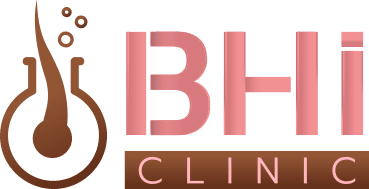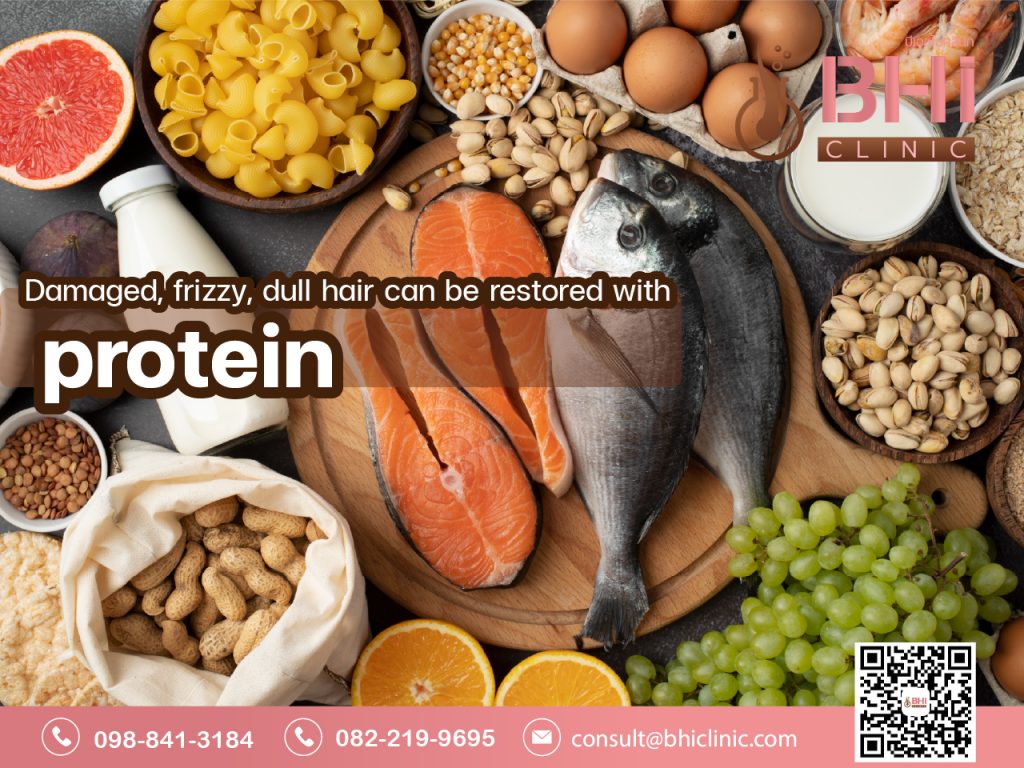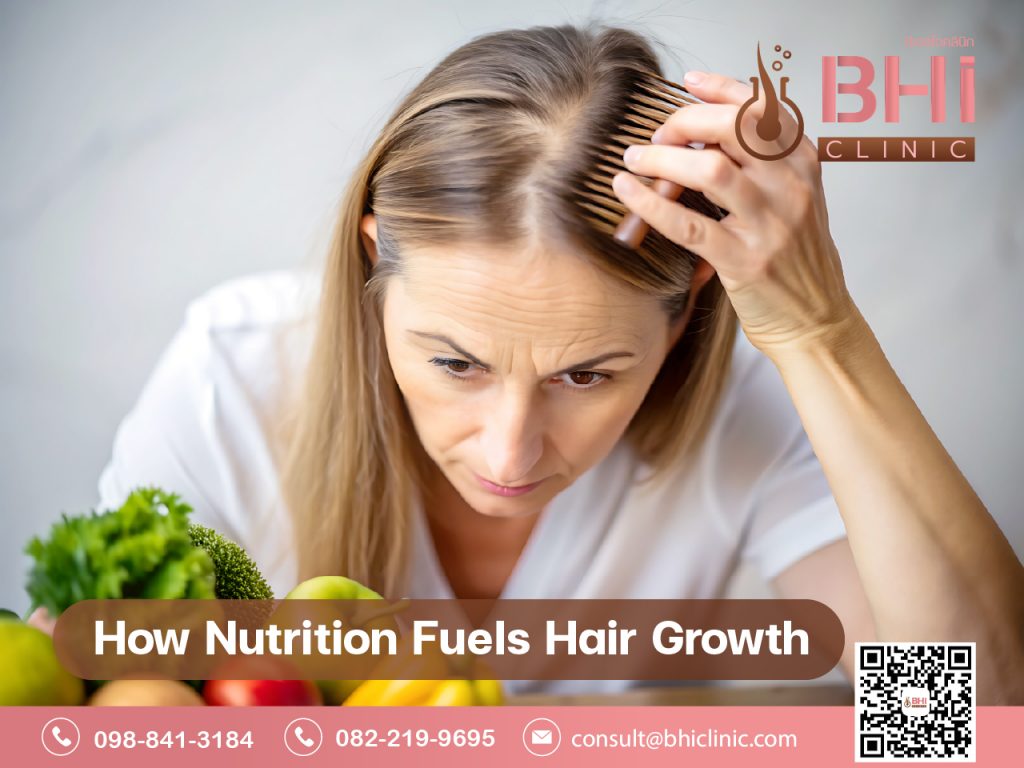Protein is a fundamental nutrient that plays a significant role in maintaining the health of your hair. Hair is primarily composed of a protein called keratin, and adequate protein intake is essential for strong, healthy hair growth. While protein deficiency is relatively uncommon in developed countries, it can have an impact on the condition of your hair.
Insufficient protein intake can lead to hair problems such as:
- Hair Thinning and Weakness: Protein deficiency can cause hair strands to become thin, weak, and more prone to breakage. This can result in noticeable hair thinning and a decrease in overall hair volume.
- Slower Hair Growth: Protein is necessary for the growth of hair follicles. Inadequate protein intake can lead to slower hair growth and potential interruptions in the natural hair growth cycle.
- Changes in Hair Texture: Protein deficiency may cause changes in the texture of your hair, making it feel dry, brittle, and rough.
It’s important to note that while protein is crucial for healthy hair, excessive protein intake won’t necessarily lead to more hair growth or improved hair health. A balanced diet that provides an appropriate amount of protein, along with other essential nutrients, is key.
To ensure you’re getting enough protein for healthy hair and overall well-being, include a variety of protein-rich foods in your diet, such as lean meats, poultry, fish, eggs, dairy products, legumes, nuts, and seeds. If you suspect that your hair problems are related to a nutritional deficiency, including protein deficiency, it’s recommended to consult with a healthcare professional. They can help assess your dietary habits, conduct relevant tests, and provide guidance on making necessary dietary adjustments to support your hair health.




